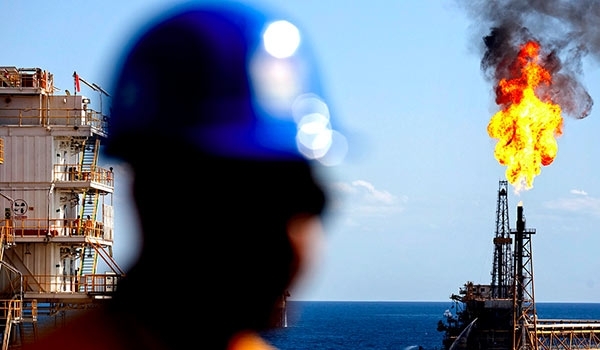
A large number of European and Asian companies have voiced their willingness to invest in Iran’s gas projects, a senior energy official announced on Friday.
“Many companies from France, Britain, Germany, South Korea, Japan, China and Russia have announced that they are enthusiastic to invest in Iran’s gas projects,” Head of Investment Committee of the National Iranian Gas Company (NIGC) Asghar Soheilipour said.
He noted that NIGC needs $30 billion to complete its projects, and said, “We are ready to cooperate with domestic and foreign investors in this regard.”
In December, Iranian President Hassan Rouhani announced that a large number of foreign companies are waiting for a comprehensive deal between Tehran and the Group 5+1 (the five permanent UN Security Council members plus Germany) to rush for investment in the Iranian market.
“Hundreds of foreign companies have prepared themselves to enter Iran in the coming months,” President Rouhani said, addressing a large crowd of people in Golestan province, Northern Iran.
The Iranian president reiterated that Iran will reach a final deal with the West over its nuclear program as the country is moving on the path of constructive interaction with the world.
“You should not have any doubt that the Group 5+1 (the US, Russia, China, France and Britain plus Germany), the western world, the eastern world and the region all are in need of constructive interaction with Iran,” President Rouhani added.







